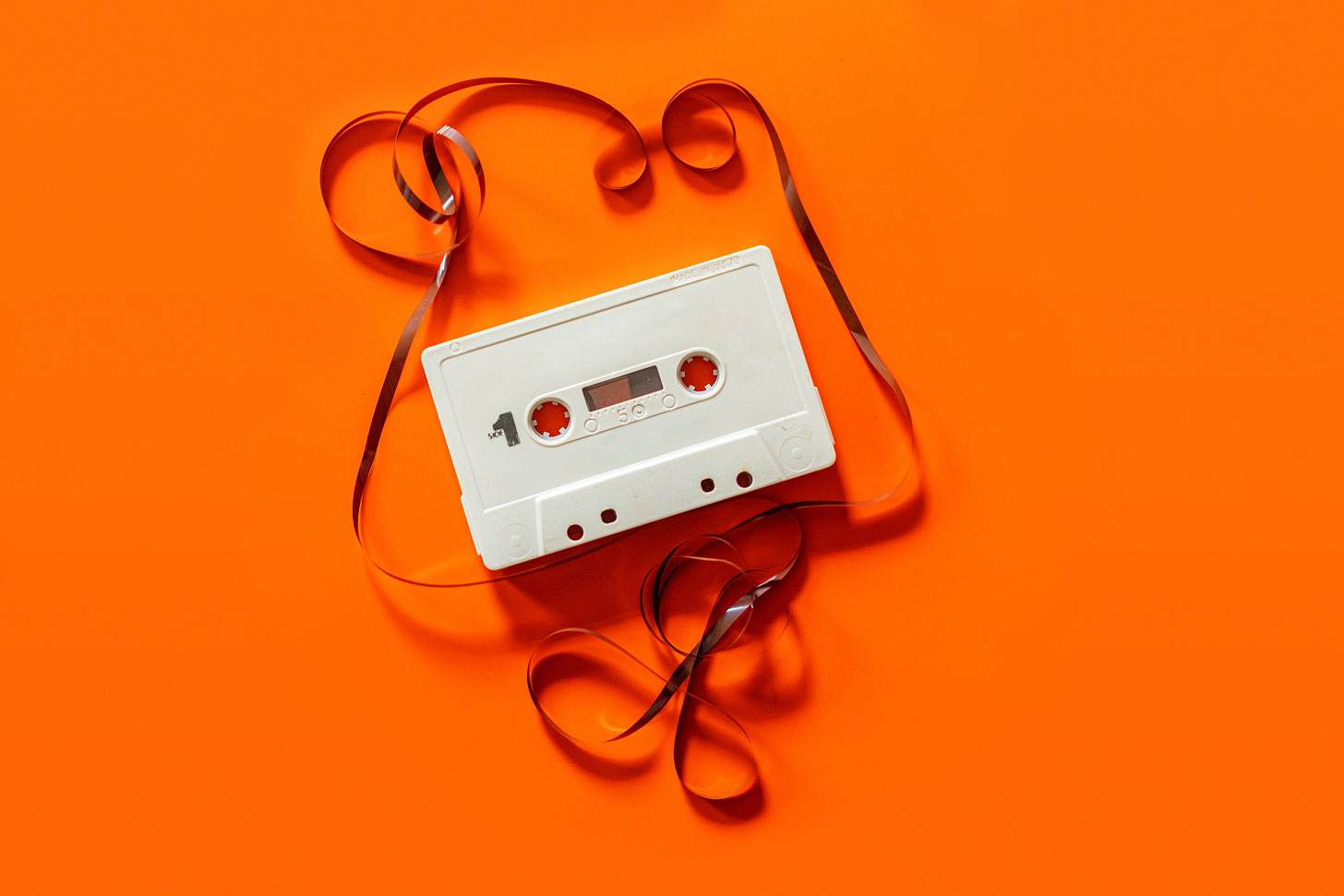
At a certain point, even tropes about aging can become tired. Being “too old for Coachella” has itself been worn out for over a decade. Same goes for complaints about autotune, prejudice towards hipsters, and arguing over whether Soundgarden belongs on classic rock radio.
Even the vinyl vs. digital DJing debate has been going on for almost as long as DJs were playing records in the first place. And don’t forget the fact that we’re chronologically farther away from the release of Nirvana’s Nevermind (30 years) than Nevermind was from Sgt. Peppers Lonely Hearts Club Band (24 years).
Veteran music journalist Stephen Thomas Erlewine put it succinctly when he sagely tweeted this week: “The oldies circuit comes for us all.” And it landed with a wallop on par with Dylan Thomas’ “Do not go gentle into that good night.”
Thomas was writing about the nearing death of his father, but Erlewine was addressing something far more weighty—the announcement of Just Like Heaven festival. The one day event, scheduled for May 2022, is being produced by Coachella originators Goldenvoice, and features 20 acts plucked straight from Pitchfork’s “Best of the ’00s” list — Interpol, Modest Mouse, The Shins, M.I.A. (to read off just the top line). It is, in other words, a major play into the Millennial nostalgia market, as well as a tactic admission that the yet-to-be-announced Coachella 2022 lineup will be nostalgia-free.


Human memory being a fallible thing (especially as we age), it’s easy to forget that this actually the second installment of Just Like Heaven. The first took place a million years ago in 2019, and featured a similarly 2000s-centric lineup. It was so popular that a second show was added. But something about the post-pandemic announcement feels more definitive. A generational shift the insists Millennials pass off the baton of cultural primacy and let Gen Z take the lead in culture (and counterculture). You could already see it coming, from the ascent of Tik Tok to last summer’s BLM uprising. And while it can be exciting to witness these sorts of sea change up close, us few Gen Xer still at the show have learned it’s better to watch from the back, lest you hurt yourself in the pit. Millennials are welcome to join us.
—-
If Just Like Heaven is designed to highlight a specific era on the musical timeline, another festival announcement take the completely opposite approach. Once Upon A Time In LA embraces a multi-generational line-up of hip-hop and R&B acts that date from Al Green to Ice Cube to YG.
Produced by Snoop Dogg and Live Nation, the event manages to be curiously close to Goldenvoice’s COVID-canceled Lovers & Friends show without having any overlapping artists on the bill. Sorta like when two Hollywood studios manage to release the same movie, but with different stars. But regardless of how these things come about, the idea of a show that spans nearly the entire history of chart-topping black music is an inspired one.
If one of the roles of the concert industry is to find new ways to package performers in an increasingly fragmented musical landscape, this sort of un-playlist thinking is highly welcome.


TAKEAWAYS
The most salient statements from this week’s news.
1. Live Shows Are Back, But Delayed Federal Grants Are Draining Concert Pipeline
With government support delayed by months, indie venues are unprepared to reopen.
Takeaway: Because independent businesses don’t have the same access to cash as corporations like Live Nation and AEG, much of the independent touring sector is getting dangerously closed to running out of capital, while others have borrowed substantially.

2. Paradox of Small: More Artists Find a Global Audience but Have Little Chance of Real Income
Even double-digital streaming growth can’t keep up with the deluge of new artists.
Takeaway: Streaming revenues grew by 20% in 2020, with subscriber numbers growing even faster. Over the same period, the number of releasing artists grew by more than a third. The arithmetic is brutally simple: more new artists than more new music revenue meant lower average income per artist.

3. ‘The Beatles: Get Back’ Is Now a Six-Hour Mini-Series. So Why Does It Feel Like More Might Be Less?
The delayed release gives Disney+ a guaranteed hit while the Fab Four makes the most of their last chance to win over a younger audience.
Takeaway: Today, most music documentaries are streaming only, but the Beatles remain larger-than-life. They turned the entire world into a community, and still have the power to turn an audience into a congregation. If the Beatles aren’t worthy of the big screen, I don’t know who is.




